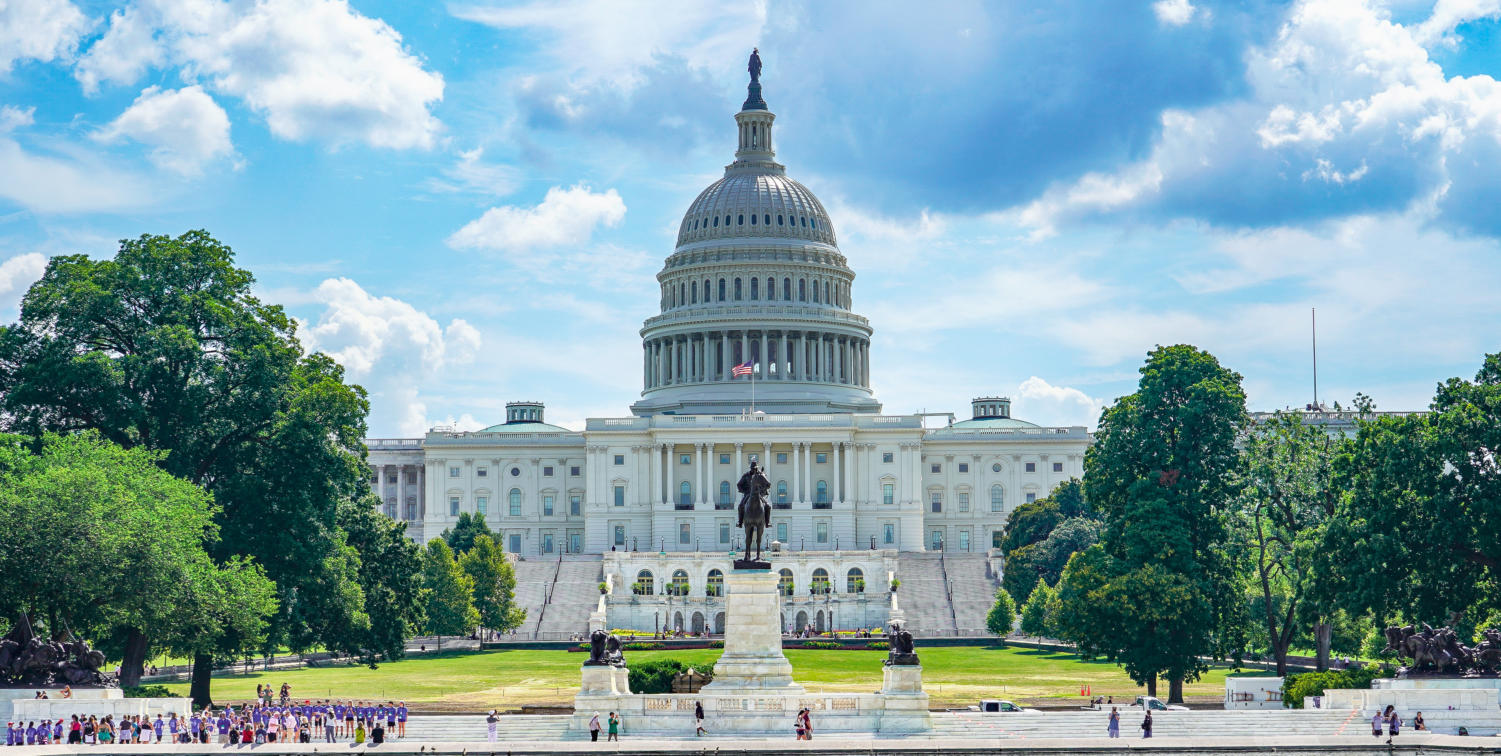The Federal Government says it is working to ensure the implementation of a standard and effective Labour administration in the informal economy.
The Minister of Labour and Employment, Sen Chris Ngige, said this when declaring open a two-day annual conference of Senior Officers of the Professional Departments of the Federal Ministry of Labour and its Agencies 2021, on Tuesday, in Abuja.
Ngige said this in a statement by Mr Charles Akpan, Deputy Director, Press and Public Relations in the ministry.
The theme for this year’s Conference is “COVID-19 and the Informal Economy: Tackling the Challenges through Innovative Labour Administration Strategies”.
He said that the conference would review the existing procedures and come out with innovative ways to deepen Labour administration system in the informal economy.
The minister disclosed that with huge informal business operations, which absorb over 80 per cent of the workforce, with more than 95 per cent of Micro Small and Medium Enterprises (MSME), the Nigerian economy required defined structure to enforce National Labour legislations in informal economy.
He noted that this had become more imperative given the challenges and changes thrown up by the COVID-19 pandemic.
Ngige said that a lot of companies, especially in the informal economy, closed their operations, with the few that survived (both employers and employees) resorting to teleworking arrangements that were totally beyond the control of traditional Labour administration methodologies.
He added that the pandemic led to unfair Labour practices and erosion of rights of workers, as the movement of Labour Inspection officers were constrained and their capacity to inspect workplaces was weakened.
According to him, the impact of the pandemic on workplace practices include wage cuts, suspension of allowances, unsafe working conditions, and in extreme cases many workers moved out of public spaces (offices and shops) in order to isolate and avoid public scrutiny.
“The risks associated with these actions are enormous and complex. The end result will be disastrous if there are no strategic approaches to checkmate them through Labour administration.
”The chances are that workers become vulnerable to modern slavery, exploitation, and other unlawful employer practices such as child Labour, forced labour and strong-arm employer and employee relationships,” he said.
Ngige noted that in Nigeria the basis in which labour administration operates had changed due to changes in social and economic developments, information/communication advancement, and increasing informal business operations, as well as the recent COVID-19 pandemic.
He added that within the contexts of these changes, it had become clear that the traditional approach to enforcing Labour standards would not be able to achieve Government’s aim of creating decent labour administration in the informal economy.
Ngige therefore, noted that the conference was expected to come up with strategies on how to strengthen the relevant professional departments and state offices on Labour inspection.
”The conference is also to build effective Labour administration toolkits for the informal economy, and define the role that ICT would play in all of these,”he said.
He also said that the outcome of last year’s conference had led to the extension of Labour Inspection services to the informal economy, and capacity-building of professional Labour officers mainstreamed into the national budget, among other actions taken.
The Permanent Secretary, Ministry of Labour and Employment, Dr Yerima Tarfa, stated that the COVID-19 pandemic brought a lot of adverse consequences, especially in the informal economy, where unfair labour practices thrived.
Tarfa noted that the Ministry of Labour and Employment was expected to come up innovative Labour Administration strategies to address the challenges posed by COVID-19 in the informal economy.





















Discussion about this post